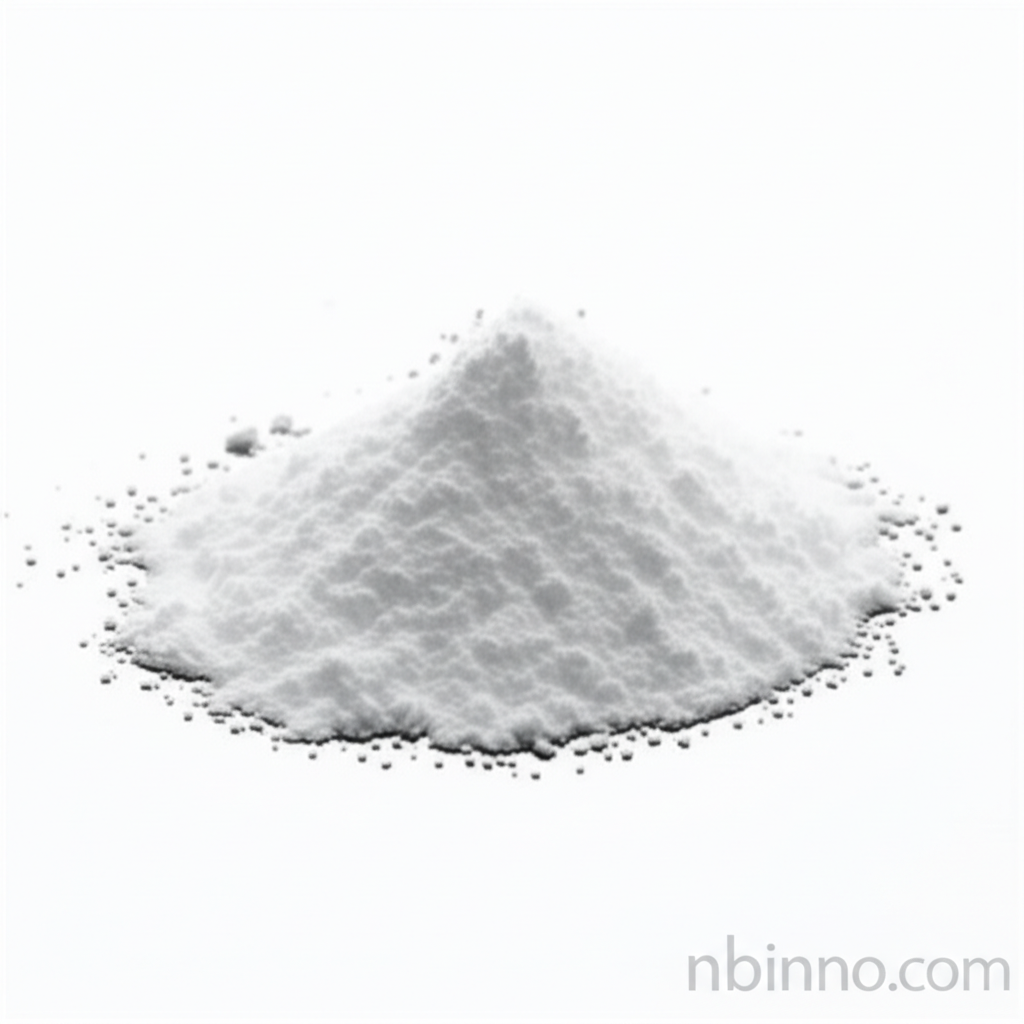Aprotinin (APT) CAS 9087-70-1: A Pharmaceutical Intermediate Guide
Understanding the efficacy, safety, and applications of Aprotinin in modern medicine and research.
Get a Quote & SampleProduct Core Value

Aprotinin (APT)
Aprotinin (APT) is a vital pharmaceutical intermediate renowned for its potent protease inhibitory capabilities. It plays a critical role in medicine by effectively inhibiting enzymes such as trypsin, chymotrypsin, plasmin, and kallikrein. This action makes it invaluable for controlling hemorrhage and reducing blood loss during complex surgical procedures, particularly in cardiovascular surgery.
- Aprotinin APT CAS 9087-70-1 pharmaceutical intermediate: Serves as a key building block in the synthesis of various active pharmaceutical ingredients, ensuring quality and efficacy in final drug products.
- Aprotinin mechanism of action and benefits: Its ability to inhibit a broad spectrum of proteases contributes significantly to its hemostatic properties, making it a preferred choice for minimizing blood transfusions and managing surgical bleeding.
- Aprotinin safety concerns and regulatory status: While effective, understanding the associated safety profile and regulatory guidelines is crucial for its responsible use in clinical settings and research.
- Protease inhibitor for reducing blood loss: Aprotinin's primary application lies in its capacity to prevent fibrinolysis and manage excessive bleeding, a crucial factor in patient outcomes for high-risk surgeries.
Key Advantages
Enhanced Hemostasis
Aprotinin effectively inhibits fibrinolysis and reduces blood loss, significantly decreasing the need for blood transfusions in patients undergoing complex surgeries, thereby improving patient safety.
Broad Protease Inhibition
By inhibiting various proteases like trypsin, chymotrypsin, plasmin, and kallikrein, Aprotinin offers a multifaceted approach to managing enzymatic processes in the body.
Therapeutic Versatility
Beyond its use in cardiac surgery, Aprotinin has been studied for applications in conditions like acute pancreatitis, highlighting its diverse therapeutic potential in various medical fields.
Key Applications
Cardiovascular Surgery
Aprotinin is widely used in cardiac surgery to minimize blood loss and the requirement for transfusions, supporting the use of pharmaceutical grade Aprotinin applications for optimal patient outcomes.
Hemorrhage Control
Its potent inhibitory action makes it a valuable agent for managing pathological fibrinolysis and preventing severe bleeding in various clinical scenarios.
Acute Pancreatitis Management
Historically, Aprotinin has been investigated for its role in treating acute pancreatitis, showcasing its potential beyond hemostatic applications.
Research and Development
As a key pharmaceutical intermediate, Aprotinin is crucial for research into new therapies and the development of innovative treatments.
